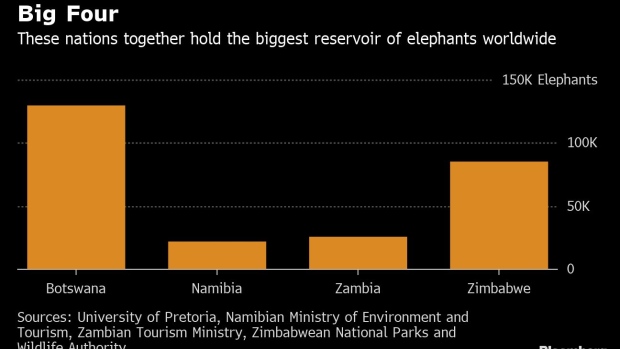After Covid-19, millions of girls may not return to the classroom. We can help them
The disruption to education has far-reaching effects for all, the impact is particularly detrimental to the most disadvantaged students and their families, especially in poorer countries.
“The longer children remain out of school, the less likely they are to return,”.
Our today's guest is Chelsea. Do you remember her? She was with us in the beginning of #AfricaEducatesHerCampaign. Today she will share the challenges she faces due to Covid-19 pandemic.
2. How has covid - 19 affected your student life?
The Covid-19 pandemic affected me a lot, so much that I can no longer go back to school because I had to find a job to meet my needs as well as save money to be able to pay my tuition fees.
3. Now that schools have reopened, have you gone back to school? Has your school distributed any biosecurity materials?
No, unfortunately I was unable to return to classes due to lack of financial resources. Before schools reopened, the government had promised to provide biosafety materials, today when I went to visit the university I did not see any strict conditions created for students to return to study safely. Not, I didn't see anything.
4. How do you feel?
I can't say that I'm happy about all this. But I didn't go back to school because I had to find a job to pay my tuition.
It is all I have to share with you all, thank you!
The educational consequences of coronavirus will last beyond the period of school closures, disproportionately affecting marginalised girls.
“When we deal with education, the decision that we make today will impact tomorrow’s world.”
We all want to see girls back at school, and we all want to make sure the schools are the safe and supportive learning environments they should be.
Click here to watch Chelsea's first interview: https://sofoniedala.blogspot.com/2020/09/africa-educates-her-campaign-with_15.html








